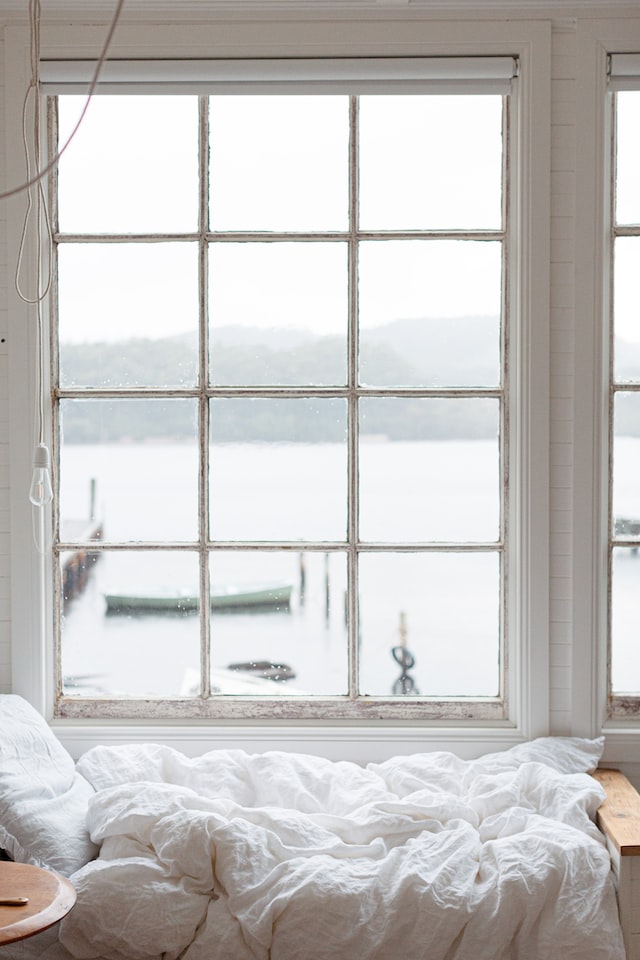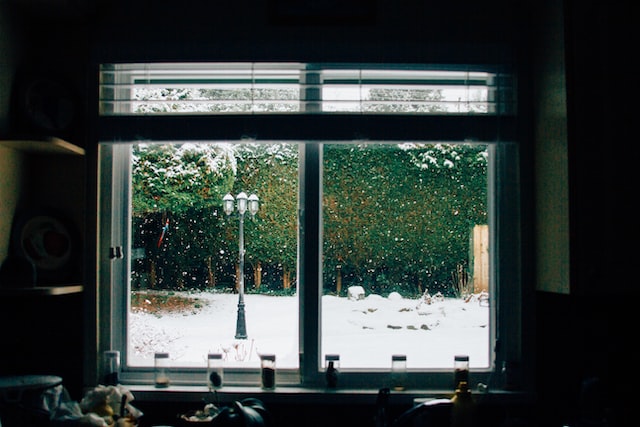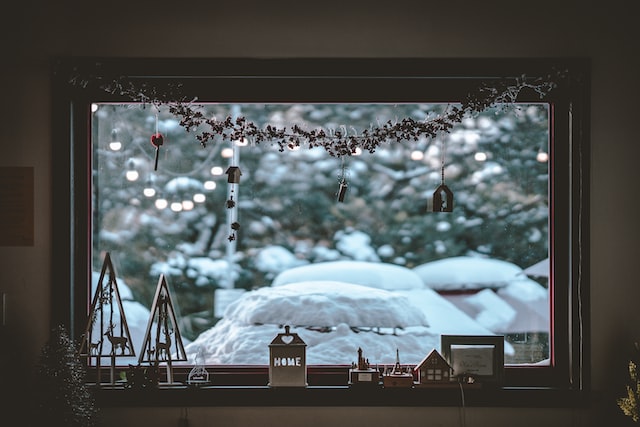If you live in a cold climate, it is important to choose windows with the correct insulation. You may want to use double or triple glazing windows to keep your home warmer, but you should also consider the material of the window frames. Some common materials are wood, fiberglass, and vinyl. You should also research what double glazing company is right for you.

Double or Triple Glazing
If you live in an area where winter temperatures are below freezing, you might want to consider upgrading to double or triple-pane windows. You can do this with your local double glazing company. Multiple panes are generally more expensive than single-pane windows, but they will give your home a noticeable boost in energy efficiency and comfort. However, you probably don’t need triple-pane windows in warm climates, as they will do little to lower your energy costs.
The basic difference between single-pane and double-pane windows is the type of gas used to fill them. Single-pane windows are filled with ordinary air, while double or triple-pane windows use inert gases. These gases are denser than air and transfer heat much more slowly. Each gas has its advantages and disadvantages. Argon, for example, is the industry standard because it is less expensive and more widely available. However, it is not as effective as krypton, which has a very high U-factor. While triple-pane windows are more energy efficient, they are not completely effective in cold climates.
Fiberglass
If you live in a cold climate, you may want to consider fiberglass windows. They are resistant to the cold and will not expand or contract when temperatures fall below freezing. Additionally, they can match the interior colour of your home. However, they are pricier than other types of windows. Generally, a basic fiberglass window will cost about $300.
Fiberglass windows are also more expensive than vinyl windows. They are more durable and offer better insulation, but their cost can add up over time if you are constantly replacing them. However, they are more affordable than wood windows and save you money on energy and maintenance. However, they have less color options than wood windows.
Vinyl
There are a variety of window materials that are available, but in cold climates, vinyl windows are often the best choice. This material is very low maintenance, doesn’t require painting, and is highly energy efficient. There are also advantages to choosing vinyl over other materials, including its durability and low U-factor.
Vinyl windows are also highly insulated, keeping your home at a comfortable temperature year-round. They also reduce drafts, which can cause temperature fluctuations. This ensures that your home stays comfortable in the winter and cool in the summer. The best types of vinyl windows are ENERGY STAR-certified and have various glass options.

Composite
When selecting new windows for a cold climate, it’s important to look at the type of material used in the frames. Wood and vinyl are great options, but they have drawbacks as well. Wood has poor thermal properties and is prone to rot if it’s exposed to moisture. On the other hand, composite windows are very strong and offer excellent thermal properties.
When choosing a window for a cold climate, consider its solar heat gain coefficient (SHGC), which measures how much heat is transferred through the window. Ideally, a low SGHC will help reduce energy usage in cold climates. Another important factor to consider is the VT (Visible Transmittance), which measures the amount of light that passes through the window. A high VT will increase the amount of natural light that reaches the interior of the home, which will reduce energy consumption in all climates.
Wood
Wooden windows are a classic style of window. They have been used for centuries and have been an excellent choice for homes in colder climates. The material is excellent at insulating and preventing heat loss. Moreover, these windows add aesthetic value to the house. Wooden windows can be made of various types of wood and cladding, and you can use vinyl cladding to give them extra protection.
Although some vinyl-frame windows are impressive and inexpensive, they are not the best choice for cold climates. Aluminium-framed windows are not recommended for these regions because they facilitate the transfer of heat. Wooden frames are a better choice for colder climates because they are non-conductive and do not allow heat to escape. However, they are prone to rotting if they are exposed to moisture.


